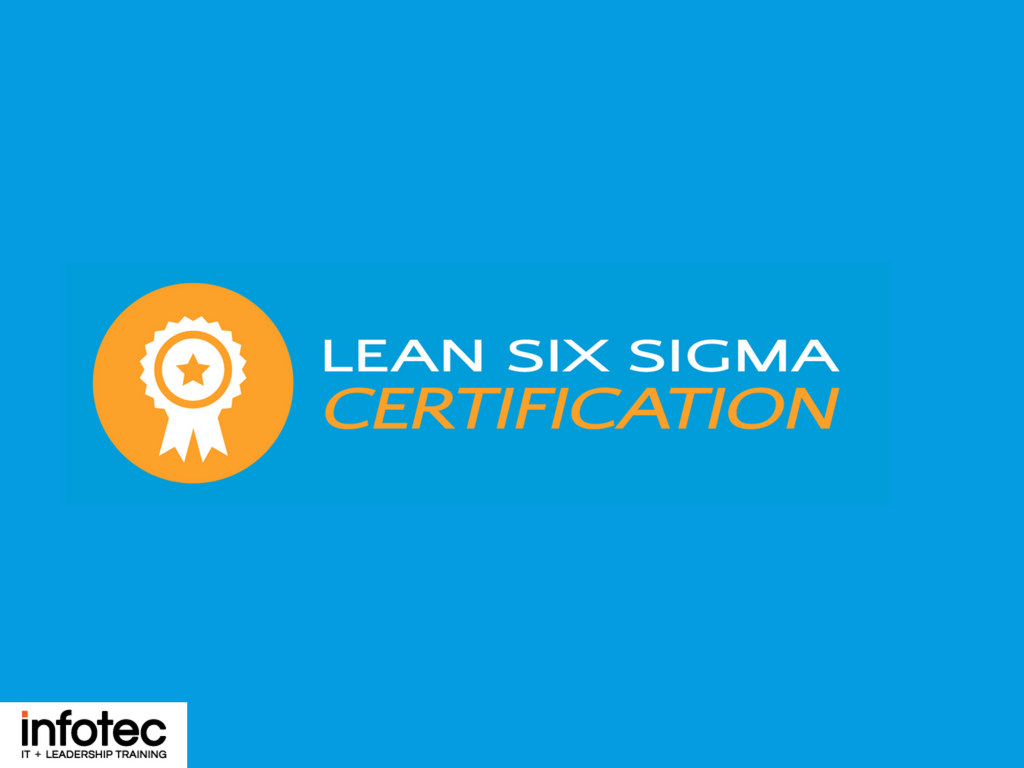What is Six Sigma Certification?
The fast pace at which the world is changing has had a major effect on how businesses operate. For one, globalization has contributed to the sharp growth of companies around the world. This phenomenon increased the customer base of companies, boosted revenues and resulted in large corporations. With so many people and processes to manage, this is where the Six Sigma method comes in.
The result is that business processes within business firms are numerous and complex. Another effect of the changing business environment is that there is stiffer competition than ever before. Companies are now looking for ways to improve their business processes in an effort to streamline them and ensure better efficiency.
With the need to have near-perfect business processes, it became necessary to train experts in this field. In today’s world, people have become more aware of value and the benefits they can draw from products and services that offer value. Companies, for instance, are keen on employing staff who are able to deliver not only theoretical expertise but also the practical knowledge to identify problems and provide the relevant solutions. This made it necessary for people to pursue the knowledge required to improve business processes.
What is Six Sigma?
Six Sigma refers to a set of techniques and tools for measuring quality with the aim of improving processes. The quality control program places great emphasis on improving processes by reducing the defects and minimizing variability. The method also focuses on a disciplined and data-driven methodology to streamline processes such as manufacturing, distribution, transactions as well as the quality of products and services.
The practice can also describe, in quantitative terms, how well a process is performing. Although the practice has been around for many years, businesses have adopted the ideology to help them meet the needs of customers, improve business products and retain existing customers.
What is the Six Sigma Certification?
It is important to note that Six Sigma and the ideologies that surround it have led to the emergence of Six Sigma certification. Some of the special certifications in this training include yellow belt, green belt, and black belt. Six Sigma certification is a demonstration, confirmation and reflection of an individual’s capabilities with regards to certain competencies.
Why Six Sigma has its Own Certification
With the importance attached to process improvement, it became clear that professionals had to meet certain requirements before they could be the best in the industry.
To ensure that professionals meet the global and industry-recognized benchmark. This guarantees that the quality of work done and services offered will meet the high standards of the industry. This certification includes training and a set of examinations. The training is designed to help the candidates to gain the practical skills required to perform the job.
The training brings together a range of expertise areas, a factor that enables those who enroll to have a wider perspective upon qualifying. In addition, the curriculum is designed to ensure consistency and reliability from all the qualifying candidates. This makes it easy for employers to know what to look for when hiring staff to improve their processes.
How Companies Benefit from Training Employees for the Certification
Proper application of Six Sigma ideologies can have a significant impact on various aspects of any business. Hiring employees with the certification could ensure the following benefits to business operations.
Customer satisfaction
Employees with Six Sigma certification will use their expertise and practical knowledge to ensure that the company implements better quality control and improved processes. Both steps will result in better products, a factor that will lead to customer satisfaction.
Employee satisfaction
Some of the benefits of Six Sigma is that it will give all employees unity of purpose. They will be keen on investing their efforts towards achieving a specific goal. The improved results will also motivate employees to put in more effort. With clear and streamlined messages, you are likely to have happier employees.
Customer loyalty
Customers are more likely to be loyal to a business that consistently offers quality products. Six Sigma helps to maintain quality, a factor that contributes to return purchases by customers.
Better partnerships
When there is improvement in the processes in your company, you will form strong partnerships with other companies. Most companies will actually want to be associated with you.
Six Sigma and the certification associated with it have proven to have numerous advantages to professionals as well as the business world. If you would like to learn more about Six Sigma and the benefits that it can bring to your organization, contact Infotec either in person or online.
For more information about Infotec or any of our programs click here: http://www.infotectraining.com/ or https://ops.infotecpro.com/course_schedule/course_schedule.cfm.




